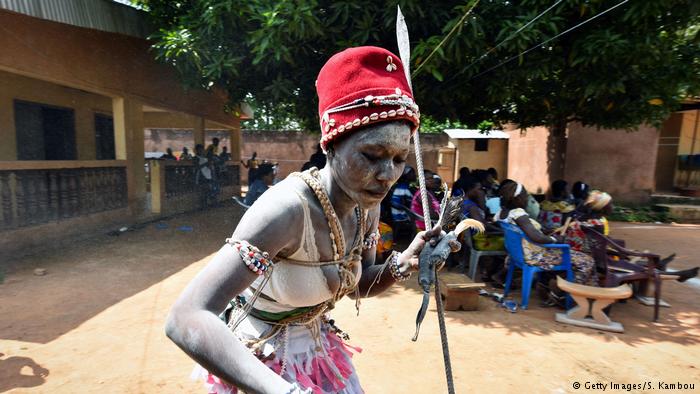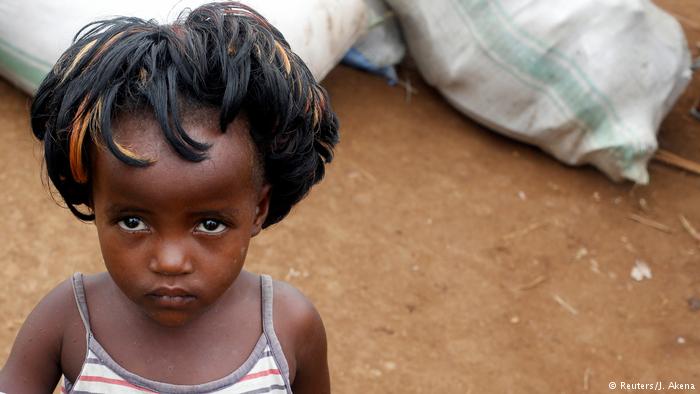“You have taken my body, but you will never take ME”- Jes Foord’s story of surviving gang rape

© Jes Foord Foundation
Rape culture in South Africa has become somewhat of a norm, a sign of its pervasive nature and society’s biased attitude towards gender and sexuality. Official statistics do not always reflect the fact that so many cases go unreported. This enduring nightmare often leaves victims helpless and scared for life. One victim of rape, decided to turn her status around, by taking this horrific crime and making it work for the greater good of the community around her.
One Sunday afternoon in March 2008, Jes Foord and her father took their dogs for a walk to the tranquil area of Shongweni Dam. They were met by a group of four men who beat and tied Tim up before forcing him to watch the devastating gang rape of his daughter. But Jes did not let this ordeal define her. She set up the Jes Foord Foundation, as well as getting married and giving birth to two children. In motivational talks that she gives across the world, she says that she realized she had a choice: to let a crime that takes place in South Africa every 17 seconds destroy her or to become a survivor.
She recalls thinking: “You have taken my body, but you will never take ME”.
Her foundation is aimed at empowering women to speak out in a society where rape and sex are seen as taboo and the trauma that rape causes is largely ignored. Jes chose to speak out, rather than hide away in shame. Her revolutionary idea aims to change the way rape victims are treated, to ensure that they can heal and regain their dignity and self-esteem.

© Jes Foord Foundation
“I formed the foundation to help restore lives after rape by way of a number of initiatives and activities designed to change rape victims into rape survivors. I want to educate people and help them realise that there is life after rape,” she says.
Jes and her family received donations after her rape was made public. They used these to create the foundation which apart from raising awareness about sexual violence, also offers post-trauma counselling and emergency healthcare related to HIV/AIDS, as well as legal services.
Foundation employees and volunteers give motivational talks in schools and other institutions, to men and boys as well as women and girls. The foundation has also set up mentorship programs for boys who are considered social misfits and drop-outs and who could become potential rapists. These young men are taught accountability, to have a sense of responsibility to care and protect women; instead of objectifying them.

© Jes Foord Foundation
When I asked Jes Foord about her views on South Africa’s rape culture, she said: “Nowadays, it’s gotten out of hand because of social media and Instagram. These have made it easy for offenders to target a person. It can be someone you work with, it can be a friend, a relative.”
It is important that women not be afraid to speak out. By putting an end to the fear factor, the foundation encourages women to not just know their rights but to demand them, and to not assume the shame and blame if they become a victim of rape. To really see a decrease in rape statistics, we have to fight the mentality that allows a rape culture to thrive.
Like most NGOs, the Jes Foord Foundation relies on donations. It organizes three major fundraising events every year, including a ball each October. Jes Foord is a great example of how women can turn pain into power. We need more of these stories.
Author: Sarona Wolter
Editor: Anne Thomas
_____
WTO RECOMMENDS
Horrific cases exemplify India’s grotesque rape problem
The brutality of a recent rape and murder has drawn attention to an alarming rise of sexual violence in India. Activists say the surge is part of a deeper social dysfunction. Murali Krishnan reports from New Delhi. (From May 17, 2017)
How women are pushing back against rape culture in South Africa
South Africa’s sexual offense statistics are alarming. A high-profile court case sparked a national debate about rape culture as well as the formation of a group that is fighting for justice for survivors. (From June 17, 2017)
Almost every South African woman has a story of struggle
There are different shades of South African women. From caramel, to yellow bone, to peach and beige to brown to melanin envy dark and then 50 shades in between. All of these women are truly beautiful, with a sassy spirit that is required to overcome their back story of struggle and abomination. (From March 28, 2017)






